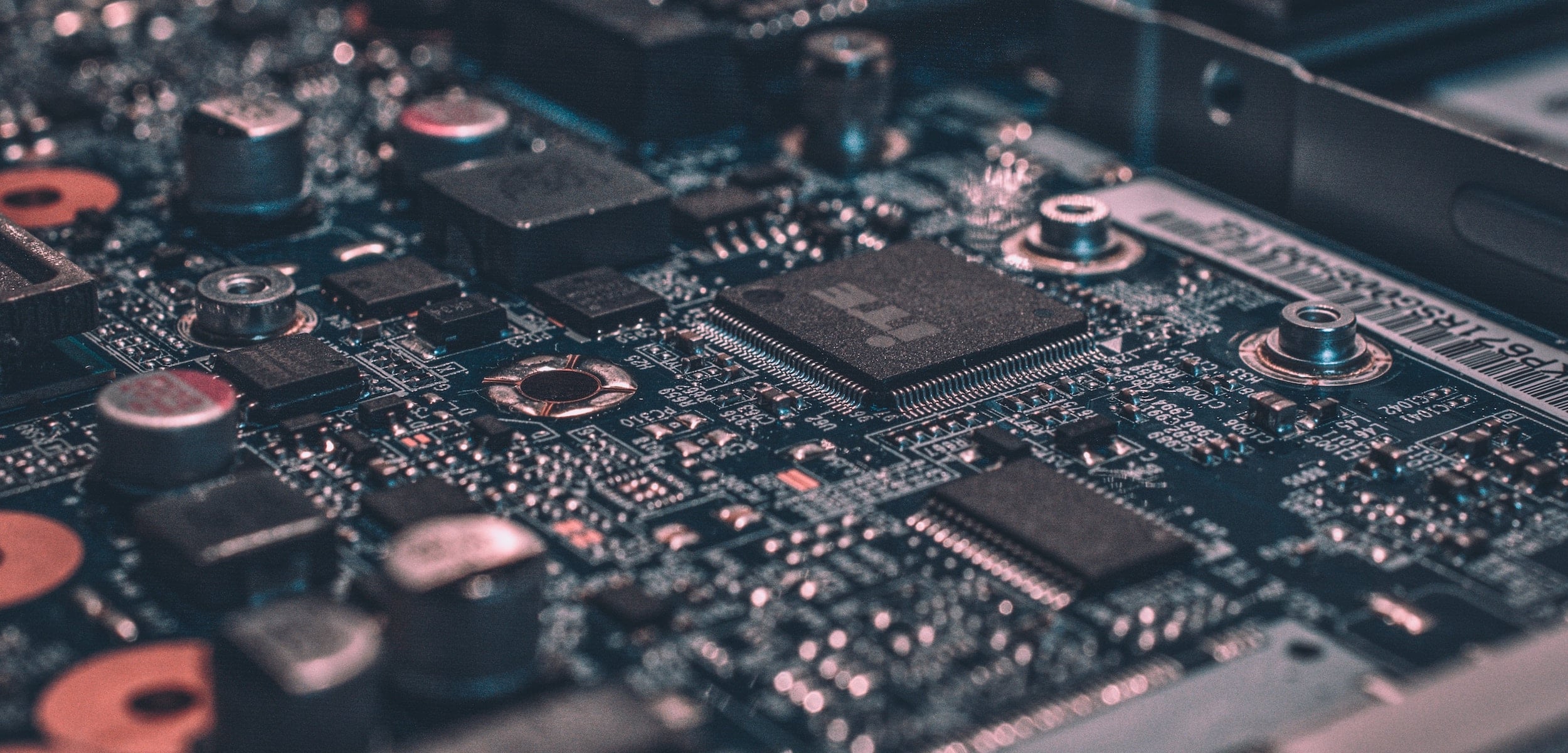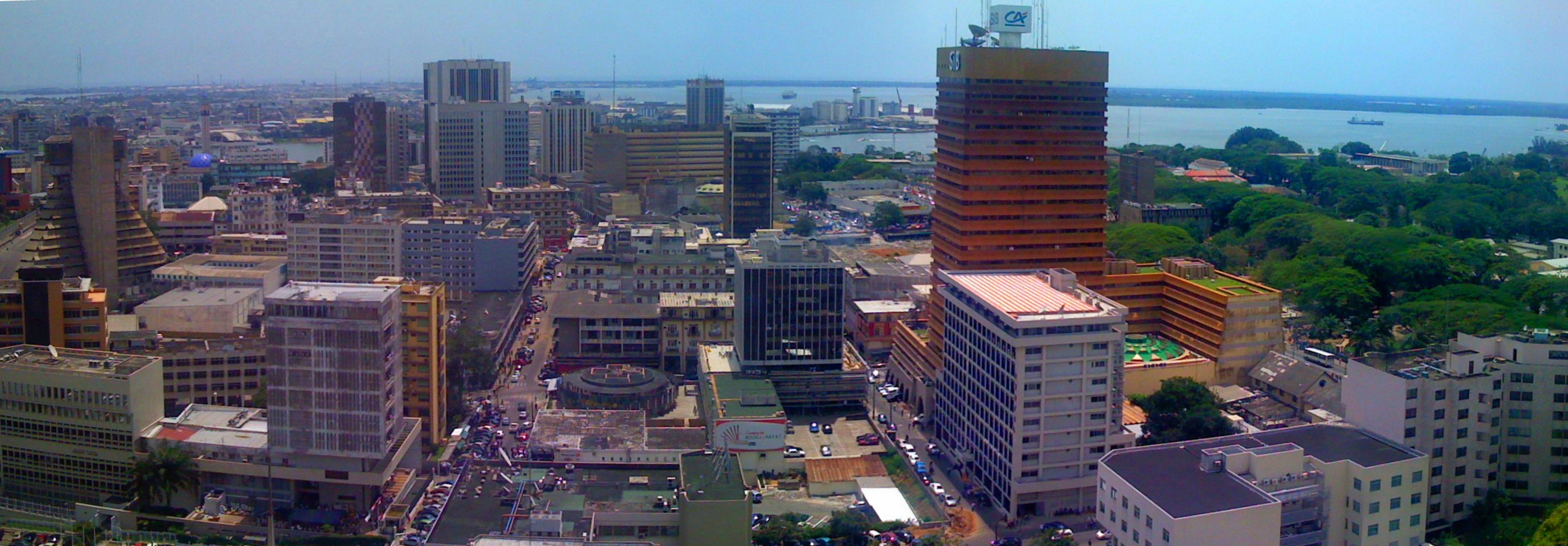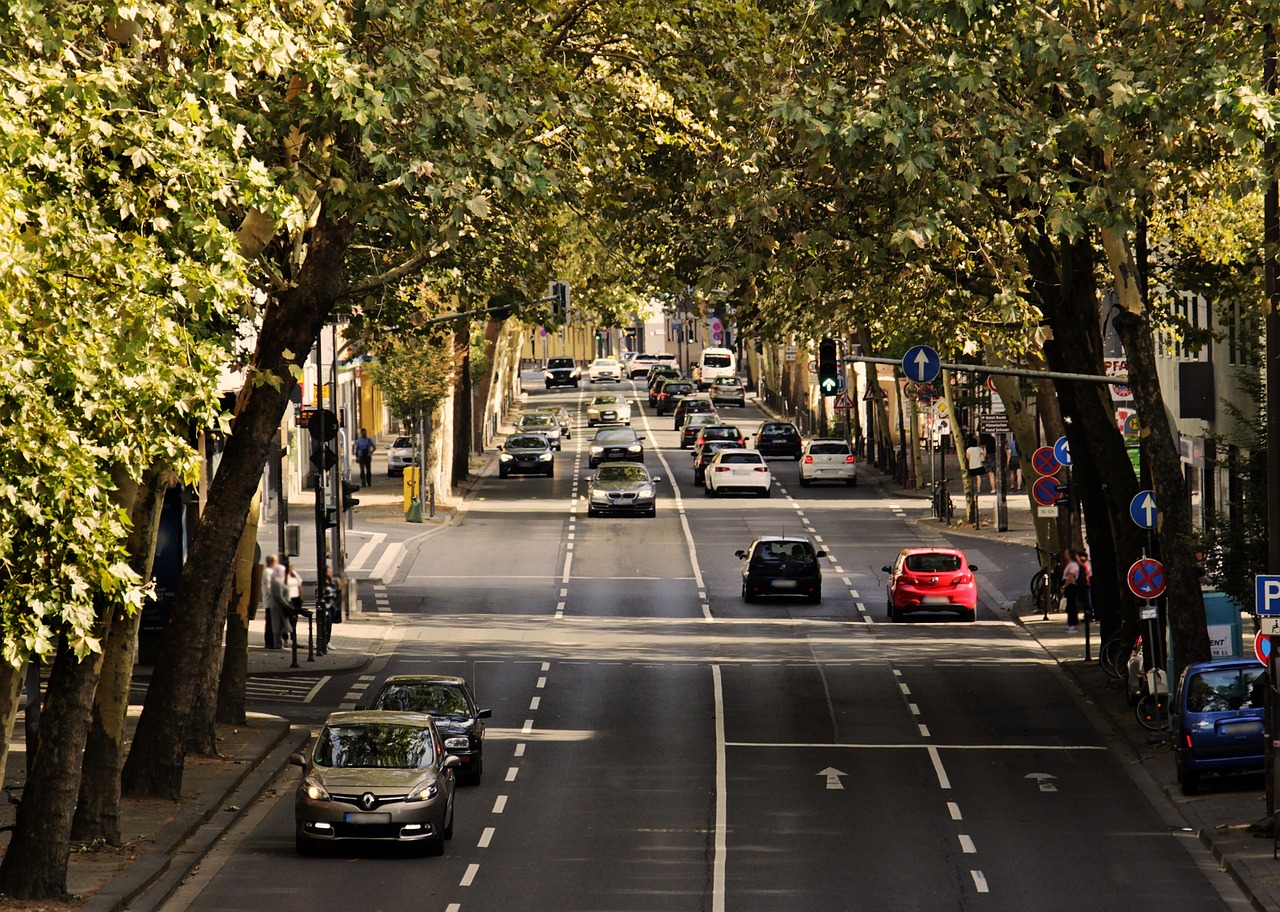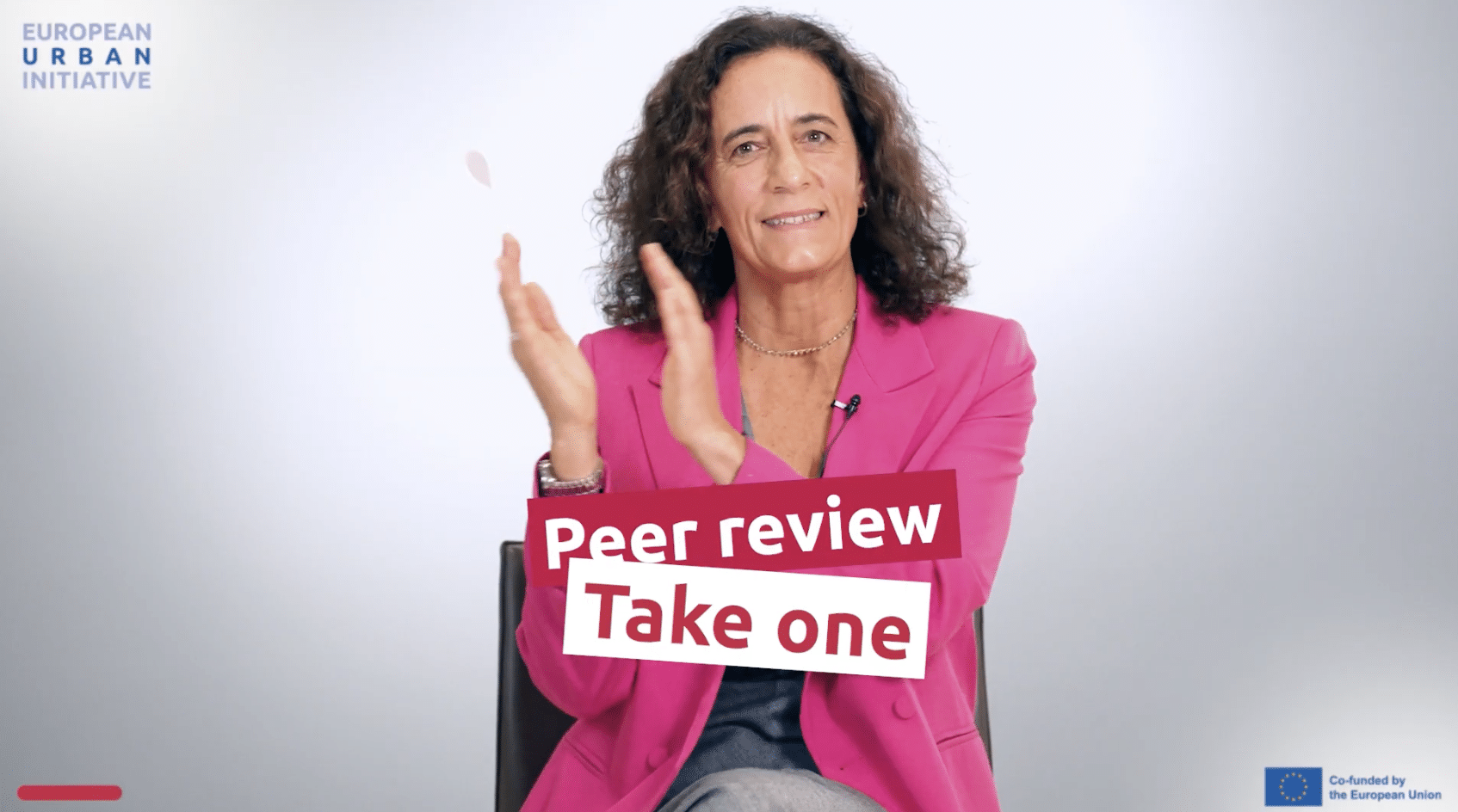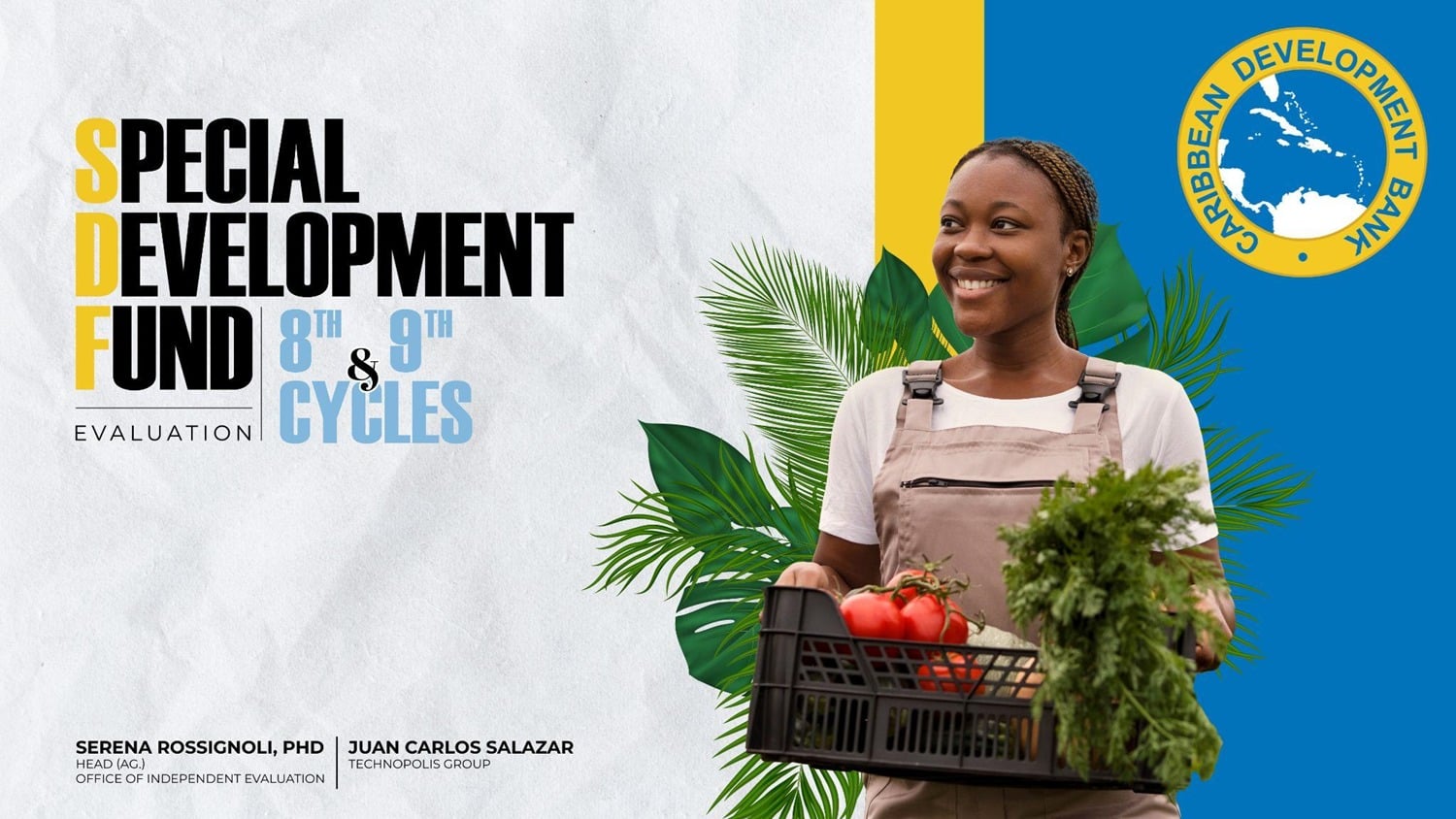How Technopolis supports this in Latin America, Caribbean, Africa and Euro-Mediterranean region
International cooperation is increasingly based on common necessities determined by global challenges. These days we are seeing that up close. The European Commission is a driving force of EU international cooperation, build on multilateral initiatives and involvement of international organisations. Knowledge development is key, therefore evolving international collaborations in the field of research and innovation (R&I), is a priority. Technopolis Group supports the implementation of these multilateral initiatives in various regions, amongst others in Latin America and the Caribbean, Africa, and the Euro-Mediterranean region, as part of the Service Facility for International Cooperation for DG Research & Innovation. We operate this facility on behalf of the European Commission together with our partners DLR, ZSI, Teamwork and Intrasoft, as well as a large number of other stakeholders around the world.
Matchmaking in Latin America and the Caribbean and mapping Research infrastructures
Research infrastructures, facilities and services needed to conduct research, are generally considered to play a key role in structuring the scientific community and in developing a prospering international R&I environment. Therefore, as one of the three strategic pillars of the EU-Latin America and Caribbean (EU-LAC) Common Research Agenda, the EU-LAC Working Group on research infrastructures was created in 2016 to support the strategic bi-regional partnership in research and innovation. Since 2018, Technopolis, as part of Service Facility for International Cooperation, provides support to the working group through matchmaking between research infrastructures aiming for bilateral agreements and mapping of the research infrastructure landscape in LAC. Moreover, a series of three policy workshops were organised on roadmapping, international access and governance of research infrastructures supported the knowledge exchange between both regions.
One of the main conclusions so far is that cooperation should be pushed in areas where added scientific and societal value is immediately evident, such as integration of environmental observation networks or social studies. Or as one of the Member State Representatives stressed: “bi-regional support should be focussed at research infrastructures that are fit-for-purpose to the most challenging needs of the countries that support them”. Moreover, progressive harmonisation of the organisation of the research infrastructure landscape in EU and LAC is necessary through continued exchange of best practices and lessons learned. Besides, a very positive outcome has been the strong and constructive community building between representatives of the participating member states and the shared determination to continue fostering scientific integration and international outreach. This has led to a recently endorsed extension of the project with an additional package of cooperation workshops, online webinars and further analytical and strategic support to be organised by Technopolis and partners.
Africa: daily practice of the High Level Policy Dialogue on science, technology and innovation
Technopolis, as part of the European Commission’s Service Facility for International Cooperation, has been supporting the EU-Africa high-level policy dialogue (HLPD) on Science, Technology and Innovation by providing in-depth briefings. Cooperation between the two continents has since 2000 been guided by the Africa-EU Partnership and the Joint Africa-EU Strategy. This strategy highlights the importance of science and technology for promoting sustainable development in both continents. It has furthermore been recognized that it is essential that the private sector translates breakthrough research into innovative products and services.
The 4th EU-Africa HLPD took place in fall 2019, which took stock of the first results of the cooperation of the past years on STI. In 2016, a roadmap was adopted towards a jointly AU-EU funded Research and Innovation Partnership on Food and Nutrition Security & Sustainable Agriculture. One of the projects under this partnerships, LEAP Agri, funds collaborative research and innovation projects.
A second area of cooperation was formalised through a Research and Innovation Partnership on Climate Change and Energy Security. The research and innovation partnerships promote and fund cooperation between European and African partners, both from the private and public sectors, with the aim of creating impact on societal and environmental challenges and focussing efforts.
Technopolis, managing the Africa-Europe Innovation Partnership on behalf of the European Commission, was also present to facilitate the discussions around a third and new pillar of the EU-AU High Level Policy Dialogue, which is focusing on Innovation. The Africa Europe Innovation Partnership promotes intercontinental knowledge exchange and co-innovation between technology transfer offices, accelerators, incubators and tech-entrepreneurs. This is done through events and training resources focused on lowering barriers on a.o. Intellectual Property and funding via Horizon 2020.
The Euro-Mediterranean region: support to the Union for the Mediterranean
Recently, the Service Facility for International Cooperation launched a project to further support the Euro-Mediterranean countries in their effort to intensify the ongoing policy dialogue on science, technology and innovation. Since 1995, the EU and the countries of the Southern and Eastern Mediterranean area have aimed to increase their cooperation on a variety of topics, such as migration, infrastructure, trade and private sector development. Euro-Mediterranean cooperation culminated in 2008 with the establishment of the Union for the Mediterranean (UfM). Cooperation in research and innovation has been recognized as important vehicle by the UfM to drive progress on societal and environmental challenges in the area.
A UfM Regional Platform on Research and Innovation has been mandated to make recommendations for implementing research policy priorities. Technopolis Group, as part of Service Facility for International Cooperation, will support the platform in the coming year and help intensify efforts by set up a Working Group on Research and Innovation.
Our added value in the field
Because of our strong connections with core stakeholders in different geographies and new areas of research cooperation, Technopolis Group continues to prove its added value as trusted partner of governments, international organisations and multilateral partnerships.
For more information and news on the activities of Technopolis Group in the field on international cooperation, click here.



